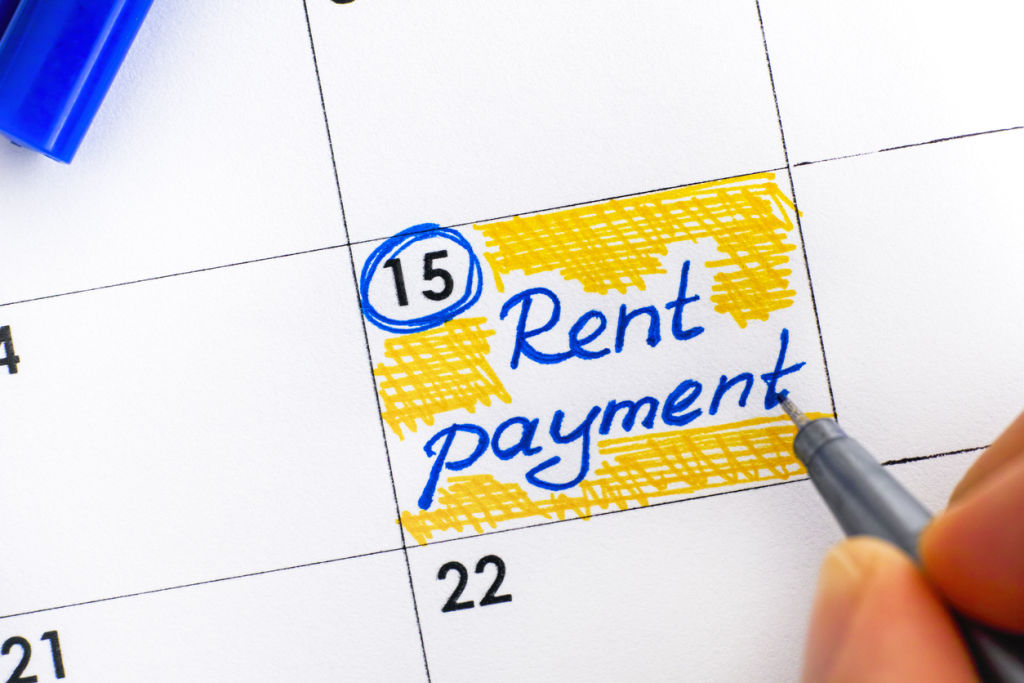
Property industry calling on governments to help landlords and tenants cope with rental crisis caused by coronavirus shutdown
Peak real estate bodies in Australia’s two largest markets are seeking clarity on the Prime Minister’s recently announced moratorium on rental evictions, while arguing that there is still a need for rental assistance to ensure business tenants can keep up with their rental payments.
Prime Minister Scott Morrison announced on Sunday that there would be a six-month moratorium on evicting commercial and residential tenants who were unable to pay their rent.
At the time, the national cabinet said landlords and tenants not significantly affected by coronavirus would be expected to honour their leases and rental agreements. But the specifics on what this meant had not been spelt out in the subsequent days, with responsibility for implementing the changes lying with state governments.
In NSW, State Parliament recently passed legislation enabling the Housing Minister to ban evictions, although chief executive of the Real Estate Institute of NSW, Tim McKibbin, said changes had not yet been made.
“All I know is all the talk that’s surrounding it. I know that there is legislation that passed Parliament recently which will give the minister the power to do various things, but I don’t believe that the minister is doing anything yet. I have made representations to the Premier and to the Treasurer,” Mr McKibbin said.
“There is an enormous amount of confusion right now, there are [predominantly residential] tenants who have been sending emails to their landlords saying they won’t pay their rent any more and that they can’t do anything about it,” he said.
It’s a similar story south of the border, according to the Real Estate Institute of Victoria president Leah Calnan.
“The state government distributed a gazette yesterday and there isn’t anything there that has made it lawful yet [but] we know the PM made the announcement and we know it’s coming. We do know that there is change coming both for residential and commercial tenants,” she said.
While the federal government’s ”jobkeeper” announcement – involving a $1500 fortnightly wage subsidy for workers stood down as part of the coronavirus pandemic – would likely ease some residential landlords’ concerns over rental payments, commercial landlords and small businesses in particular would still need further rental relief, Mr McKibbin said.
“The vast majority of commercial landlords are small-time investors – they might own one property in their portfolio and it’s part of a wealth-building strategy and they are very dependent on that income,” he said. “Everybody needs to share the load.”
Changes that could be made at a state level included the waiving of land tax and other outgoings – costs that were usually passed on to the tenant but could be shouldered by the landlord if their tenants were unable to pay, Mr McKibbin said.
But Ms Calnan said there would need to be other measures that would substitute a tenant’s income in the case that they were no longer able to make enough to pay the rent.
“A land-tax reduction would provide relief but it’s cash flow that’s the most important thing, so that’s what they need to look at,” she said.
The Property Council of Australia, which welcomed the announcement of the six-month eviction moratorium, also said there was more to be done to provide rent relief.
“It’s a sensible, fair measure and one that we have said should be taken,” said Ken Morrison, the council’s chief executive.
“There is still more to be done, however, including in the area of land tax and rate relief for commercial property owners, which we will continue to pursue with state and territory governments.”
Mr McKibbin said the consequences of not doing anything further would be devastating for the commercial property industry.
“To simply say that somebody in that economic chain doesn’t have to contribute any money effectively kills that sector,” he said.
Both the REINSW and REIV are anticipating an announcement on the specifics of the eviction moratorium and any rental relief packages soon.
“The timeline keeps changing, we’ve heard every few days that it’s the next few days, we thought NSW would announce yesterday but that hasn’t come through,” Ms Calnan said.
In the meantime she advised landlords facing the prospect of their rental payments drying up to engage in discussions with tenants and property managers.
She also advised those landlords frustrated with an eviction moratorium to think of the long-term benefit of retaining a tenant in place, saying that the chances of finding another tenant in the current environment were “very slim”.
Measures that could be taken as part of rental negotiations between tenants and landlords included agreeing to a rental reduction and exploring what government incentives were available to the business leasing the asset.
“You need to make inquiries and you need to see what government incentives are available,” she said.
With many lenders offering loan repayment holidays and other assistance measures, it may also pay for landlords to chat with their bank manager.
“Go and have that conversation with the bank now. Even if you don’t have a mortgage but you rely on that monthly income, there might be a redraw facility option,” she said.










